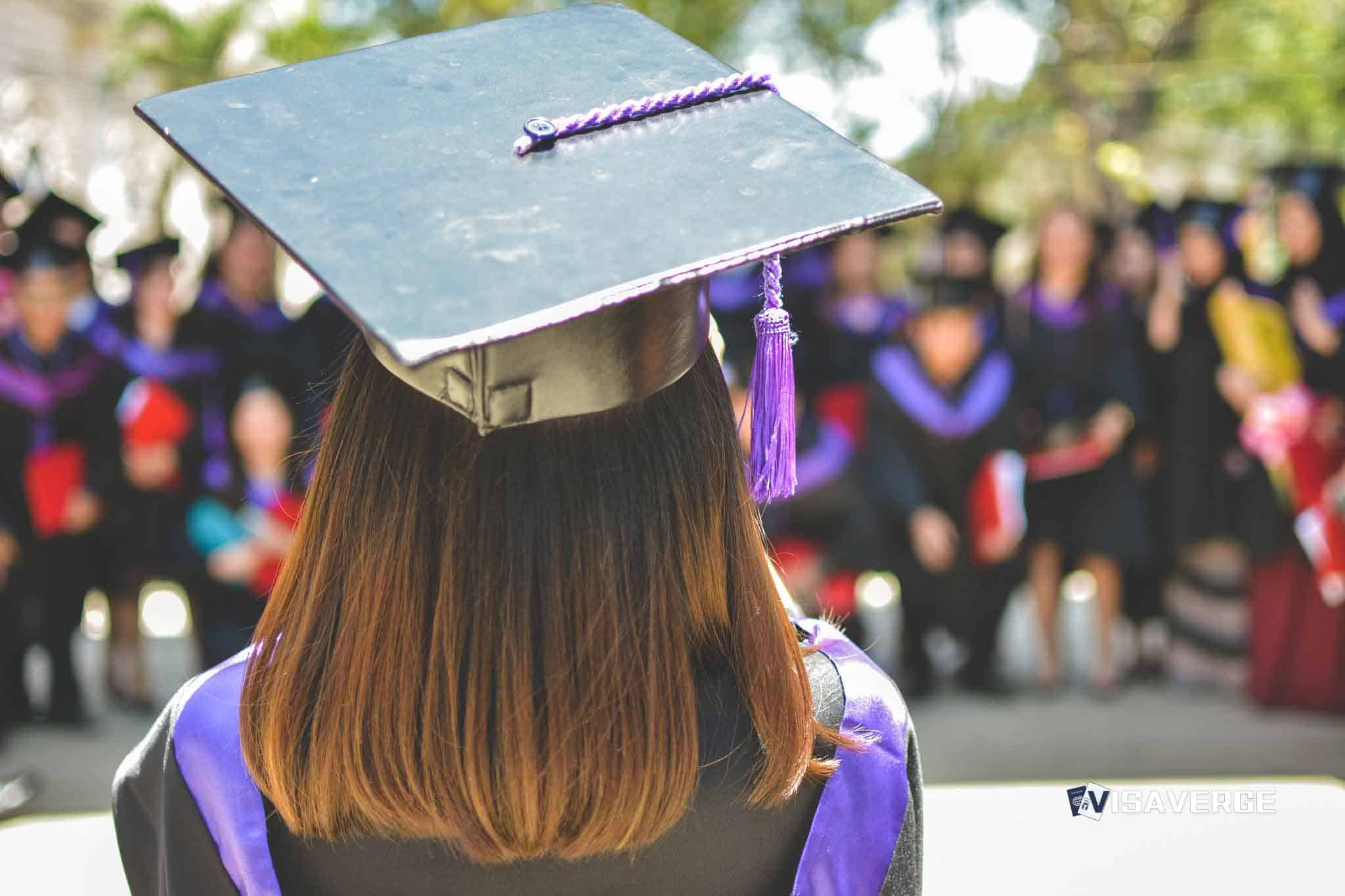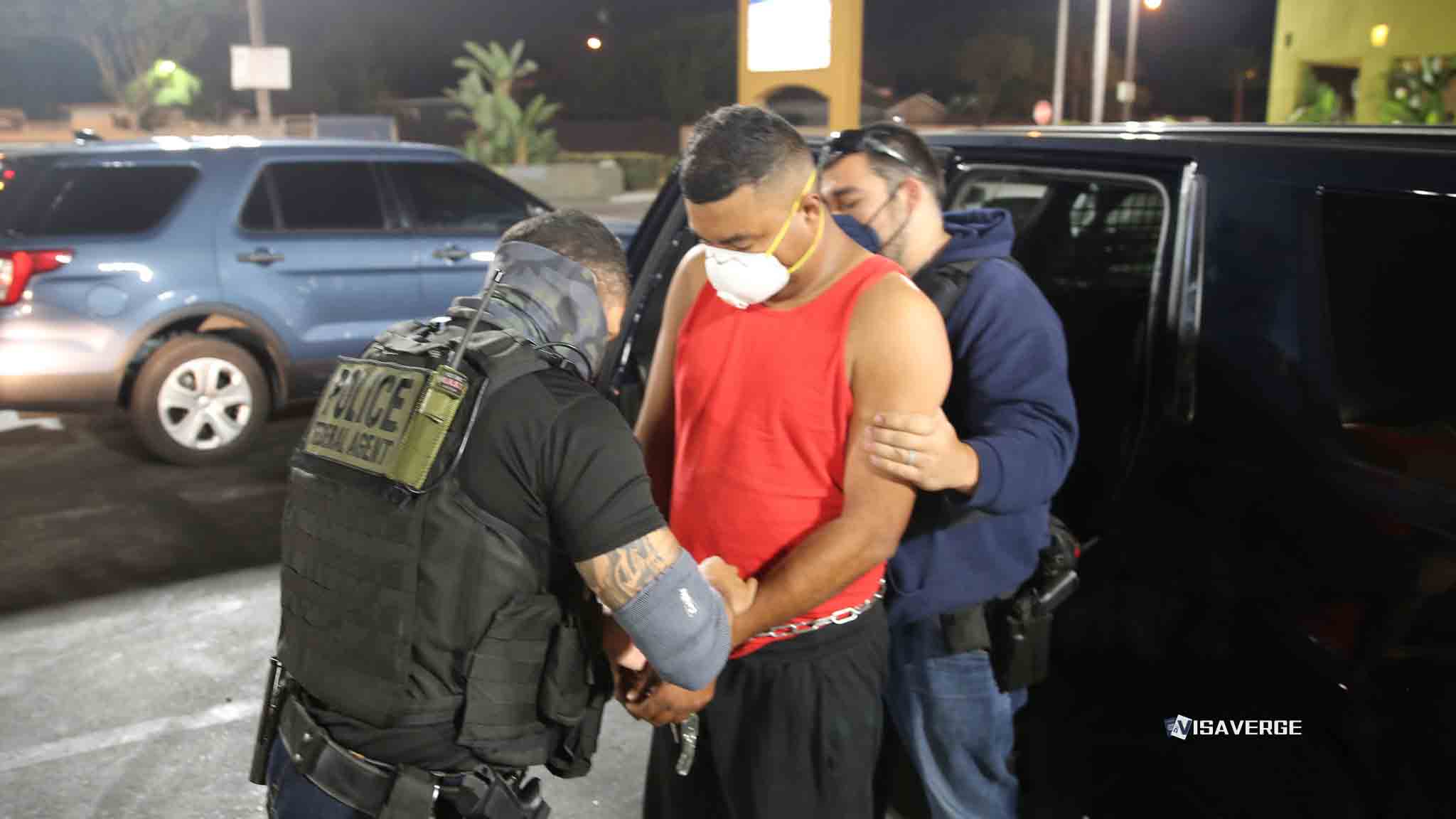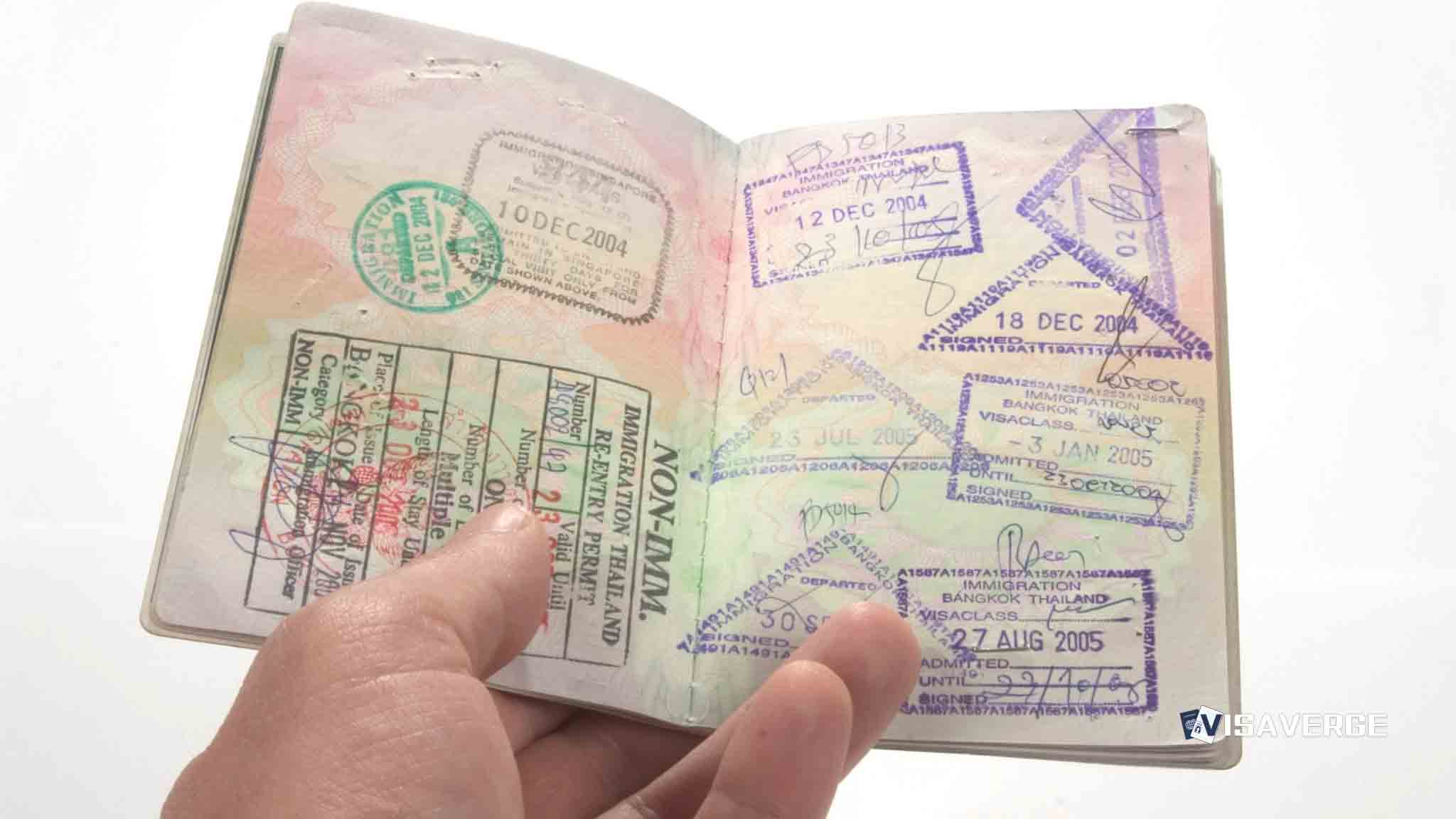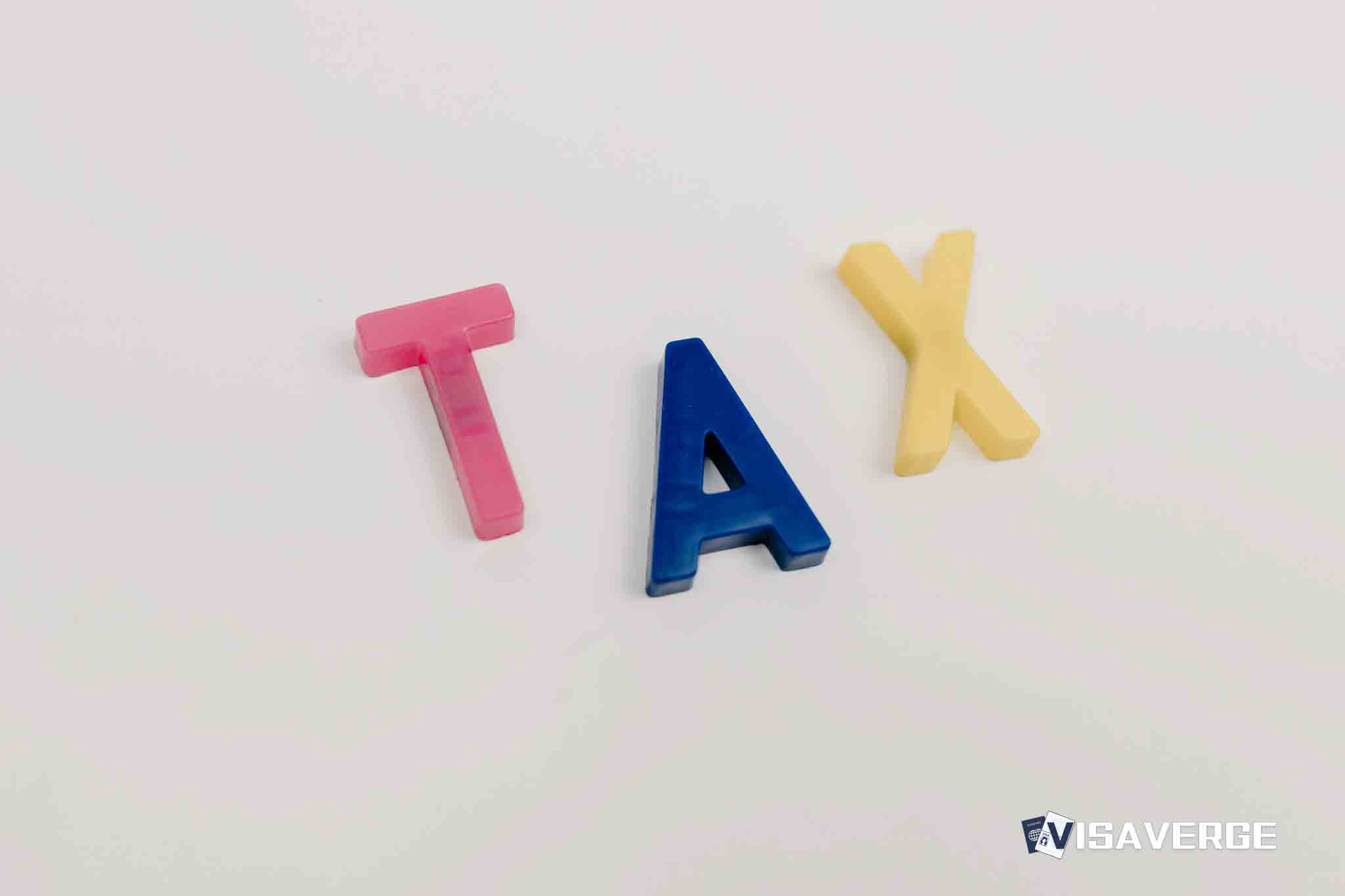The U.S. State Department has revoked over 6,000 student visas in 2025, a sharp escalation officials link to legal violations, perceived national security risks, and political activity tied to campus protests. Revocations of all visa types this year stand near 40,000, with student cases forming a visible share of the tightening approach under President Trump. Senior officials stress the practice predates this administration but acknowledge the scale in 2025 eclipses recent years.
So far, roughly 4,000 student visa revocations follow arrests or convictions for assault, DUI, burglary, and similar offenses, according to official briefings and recent media reports. Another estimated 200–300 students lost visas over suspected support for terrorism, including alleged fundraising for Hamas. Authorities also cite visa overstays as a driver. A senior official put it bluntly: “Even if the previous administration was doing less, they were still revoking visas.”

Policy shift and screening changes
The ramp-up follows January directives and executive orders that call for maximum vetting and a firm stance on antisemitism. Secretary of State Marco Rubio has said the department is reviewing visa status for students linked to pro-Palestine protests, describing the reviews as part of security measures.
At U.S. embassies and consulates, officers have:
- Increased social media checks
- Received guidance to pay closer attention to politically active students, particularly those critical of Israel amid the Gaza conflict
Officials frame the effort as needed to guard the United States 🇺🇸 from threats. Critics—including civil liberties groups and some university leaders—say the standard for action has grown too broad, sweeping in students for minor infractions or speech that should be protected on campus.
According to analysis by VisaVerge.com, the pace of visa revocations in 2025 is well above comparable periods under President Biden, when about 16,000 total visas were revoked versus about 40,000 this year.
Campus and legal fallout
The wave of visa revocations has reshaped daily life for international students. Many face sudden uncertainty over housing, tuition, and whether they can remain enrolled. Others worry they may be placed in removal proceedings if they cannot fix their status quickly.
Reports indicate some students have lost the chance to start or complete Optional Practical Training (OPT), disrupting job plans and research projects that depend on active student status.
Legal challenges are building:
- Universities and students have filed suits claiming due process violations and threats to academic freedom
- Courts have issued injunctions in cases involving prominent schools, including Harvard
- Transparency remains a key complaint: notices often provide limited detail on the trigger for action, citing general references to criminal checks or national security
In April, the administration briefly signaled some terminated records might be restored, but the overall trend continues toward strict enforcement.
Inside government data systems, the shock is visible: more than 4,700 SEVIS records have been terminated this year, affecting students across different regions and school types. Advisors say the changes can land without warning, leaving school officials scrambling to advise students and protect research timelines built around international talent.
How the process typically works
- Identification: law enforcement reports, database flags, or social media review bring a case to attention.
- Review: the U.S. State Department, often with DHS and intelligence partners, evaluates possible violations or risks.
- Decision: a visa can be revoked for criminal conduct, an overstay, or suspected security grounds.
- Notification: students receive notice, often brief and technical.
- Legal path: some pursue court action, but procedures can be narrow and fast.
- Removal risk: if status cannot be fixed, a student may face deportation.
Advice for students and schools
- Keep all school communication and immigration records in one place, including any SEVIS notices.
- Work with a designated school official (DSO) and an immigration lawyer before travel or status changes.
- Monitor official guidance posted by the State Department at https://travel.state.gov/content/travel/en/us-visas.html for policy updates.
- Avoid travel outside the country if a review is pending or if a record shows a termination.
International reaction and enrollment risks
Beijing has condemned the approach, calling the surge in visa revocations “unreasonable” and ideological. Chinese officials argue the measures damage cultural exchange and education links built over decades. Rights advocates in the United States echo that concern, warning that revocations tied to speech risk chilling debate and narrowing the range of voices on campus.
Enrollment watchers are bracing for a drop. Industry estimates forecast a 30–40% fall in new international applications by fall 2025, a figure that, if realized, would hit budgets and research output at many schools.
Admissions officers say the hardest messages to manage are the unpredictable ones: sudden visa cancellations, unclear timelines, and little room for appeal.
Impacts on research, hiring, and families
- For departments: fewer graduate students means fewer teaching assistants, slower research, and reduced grant output.
- For employers: delays are disrupting hiring plans, with internships and offers canceled when a student cannot report.
- For families abroad: immediate knock-on effects include deposits lost, leases broken, and long-planned U.S. degrees put on hold.
Counselors warn that even harmless online posts can be misread in a high-stakes review, and they urge caution until case law and policy settle.
Transparency, administration position, and next steps
The State Department emphasizes that visa revocations are not new and that past administrations used the same tool. Yet the breadth in 2025 stands out. Students from a wide range of countries report lost opportunities and sudden travel risks, and campus administrators report significant time spent on case-by-case triage.
As the fall term begins, the core questions are now before the courts and Congress:
- How broad can security screening be without crushing academic freedom?
- How much process must a student receive before losing a visa?
For now, the answer is playing out one campus at a time, under rules that allow swift visa revocations when the government believes a risk is present.
Key takeaway: Students and schools face increased scrutiny and faster, less-transparent visa actions in 2025. Protect records, seek legal counsel early, and watch policy updates closely.
Frequently Asked Questions
This Article in a Nutshell
The State Department revoked over 6,000 student visas in 2025, citing crimes, overstays, and protest-linked risks. Increased vetting followed January directives emphasizing maximum screening and scrutiny of politically active students. Sudden SEVIS terminations and legal fights have disrupted housing, OPT, research, and enrollment, forcing students and universities to seek counsel and urgent remedies.













